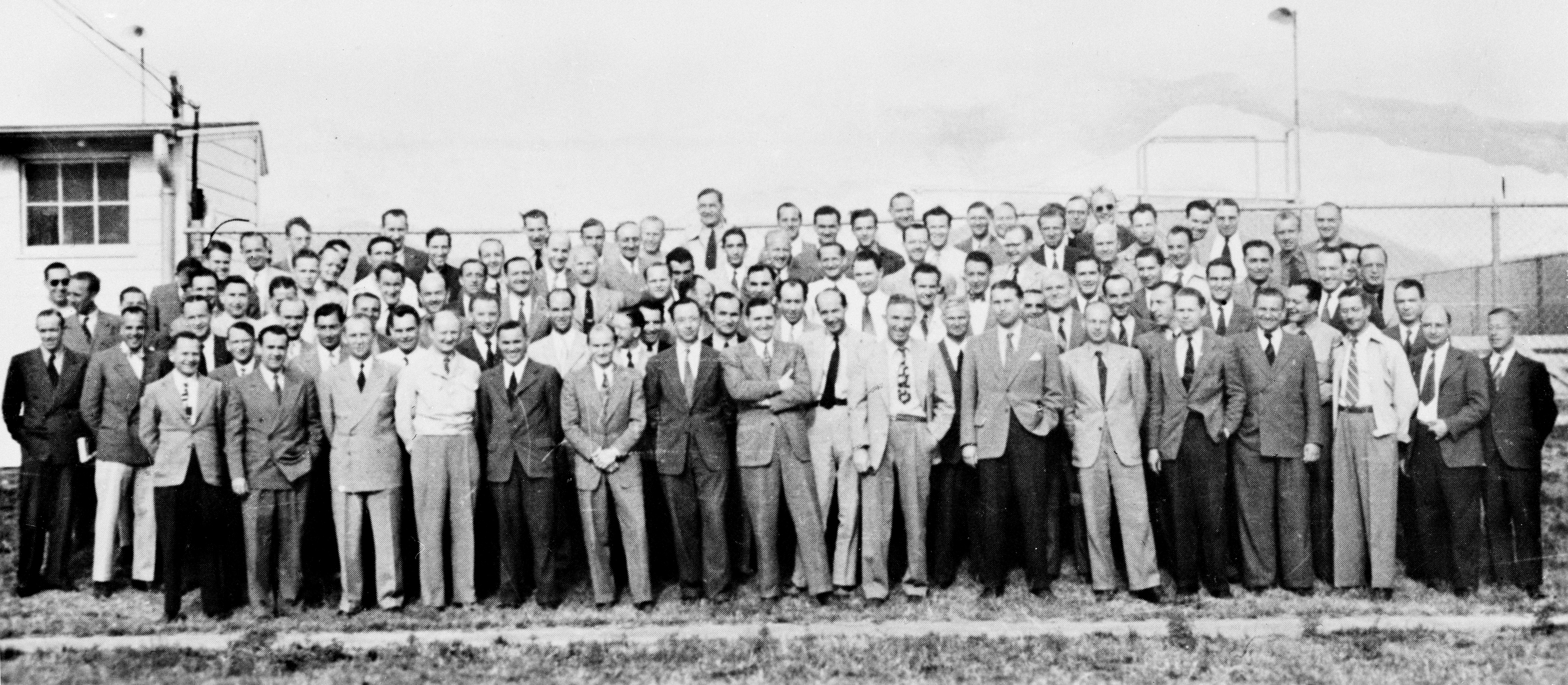Operation Paperclip was a controversial US program during the Cold War that recruited German scientists, engineers, and technicians who had been involved with the Nazi regime during World War II. The program was authorized by President Truman in 1945 with the intention of helping the United States gain a competitive edge in the technological race with the Soviets.

The program brought over 1,600 German scientists, engineers, and technicians to the United States, including some of the best minds in the fields of aeronautics, rocketry, and nuclear physics. Many of these scientists had been involved in Nazi war crimes and human experiments, leading to much controversy surrounding the program. Despite this, the US government was willing to look past their pasts in order to gain a technological advantage.
The scientists recruited through Operation Paperclip made significant contributions to the US space program, including Wernher von Braun, who was instrumental in the development of the Saturn V rocket. Other scientists were involved in the development of the US nuclear weapons program.
Critics of the program argued that it was unethical for the US to recruit ex-Nazis, given their history of human rights abuses. Others argued that the US should have taken a more active role in bringing these war criminals to justice, instead of offering them a safe haven in the United States.

Despite the controversy, Operation Paperclip was successful in providing the US with a technological edge over the Soviets. The scientists recruited through the program made significant contributions to the US space and weapons programs, helping to cement American supremacy during the Cold War.




Comments